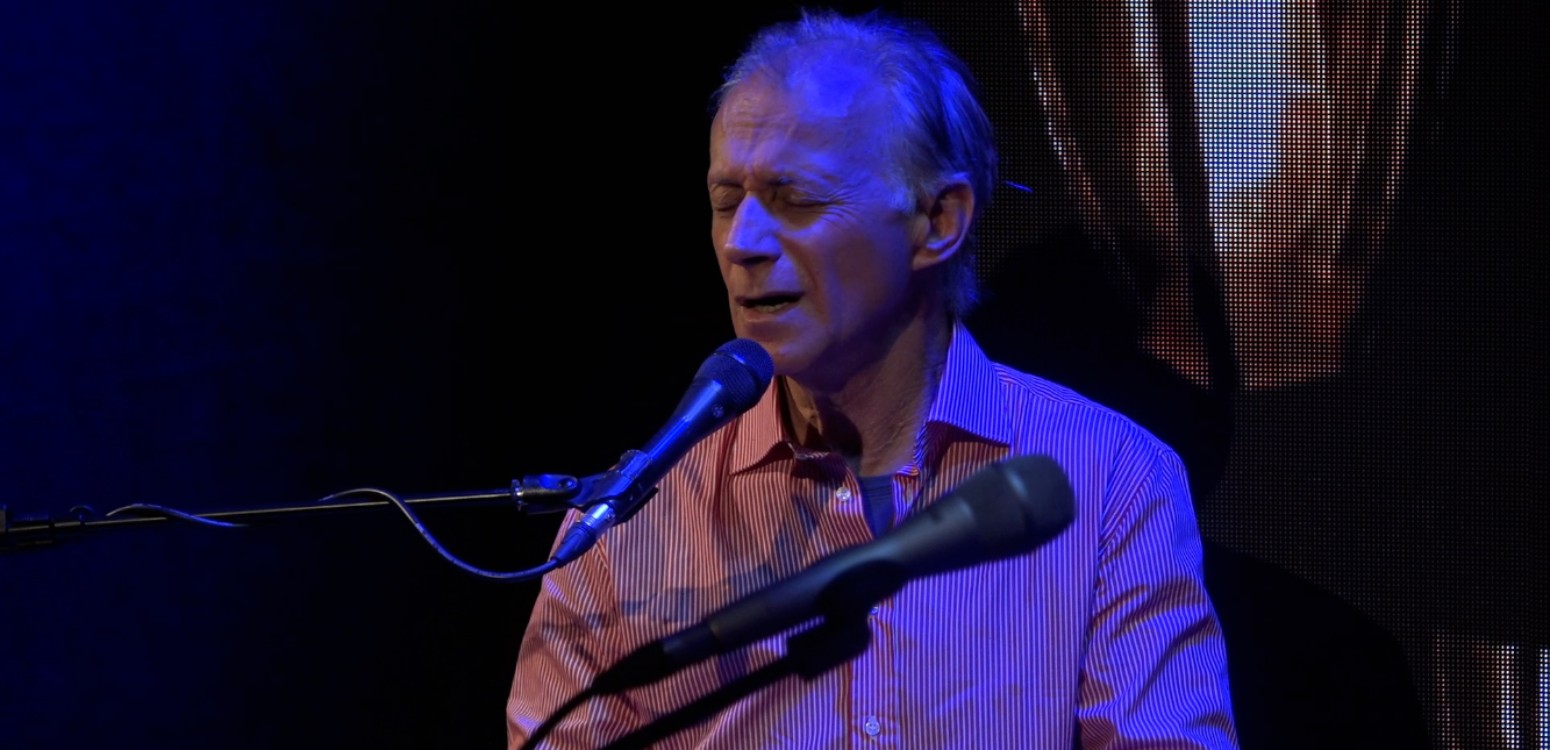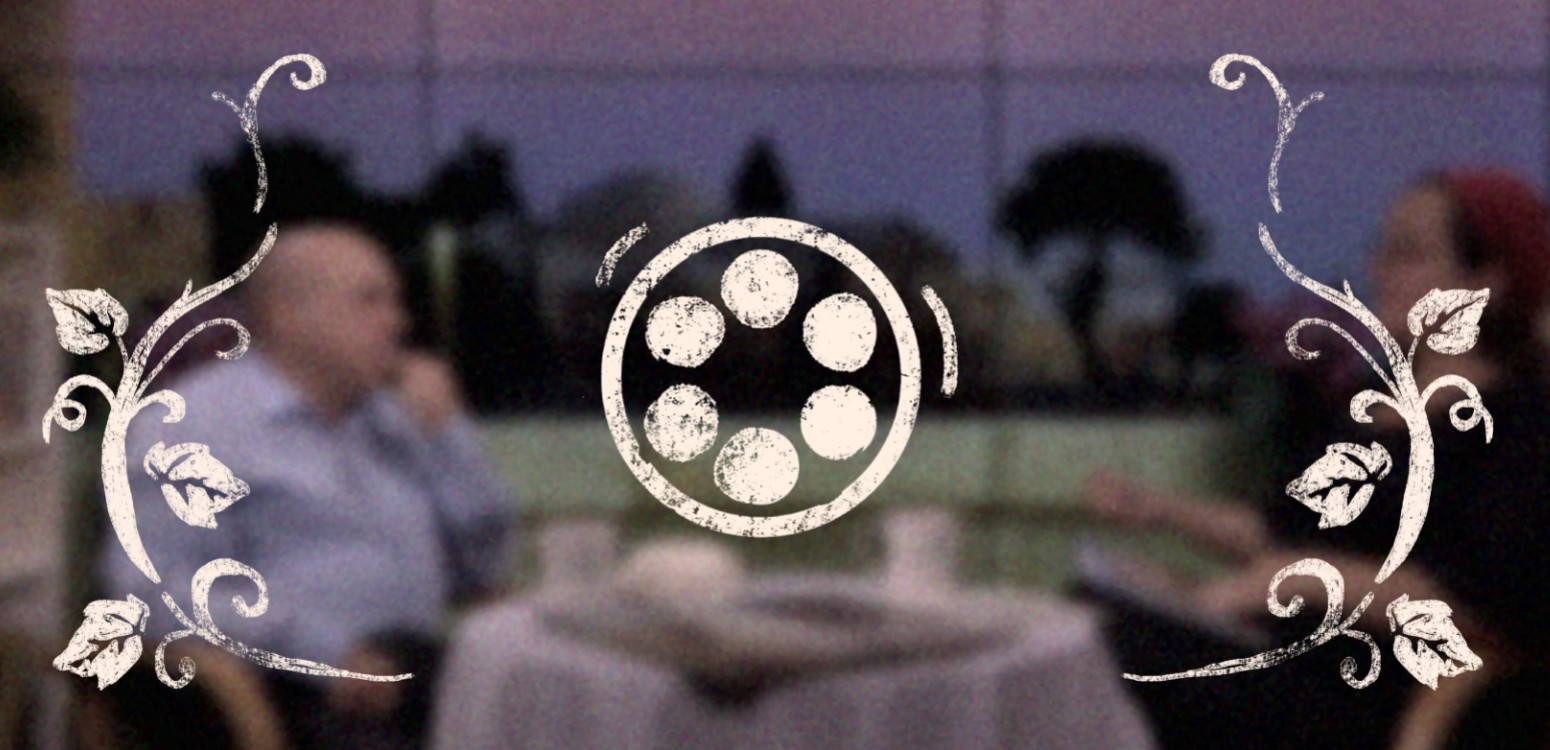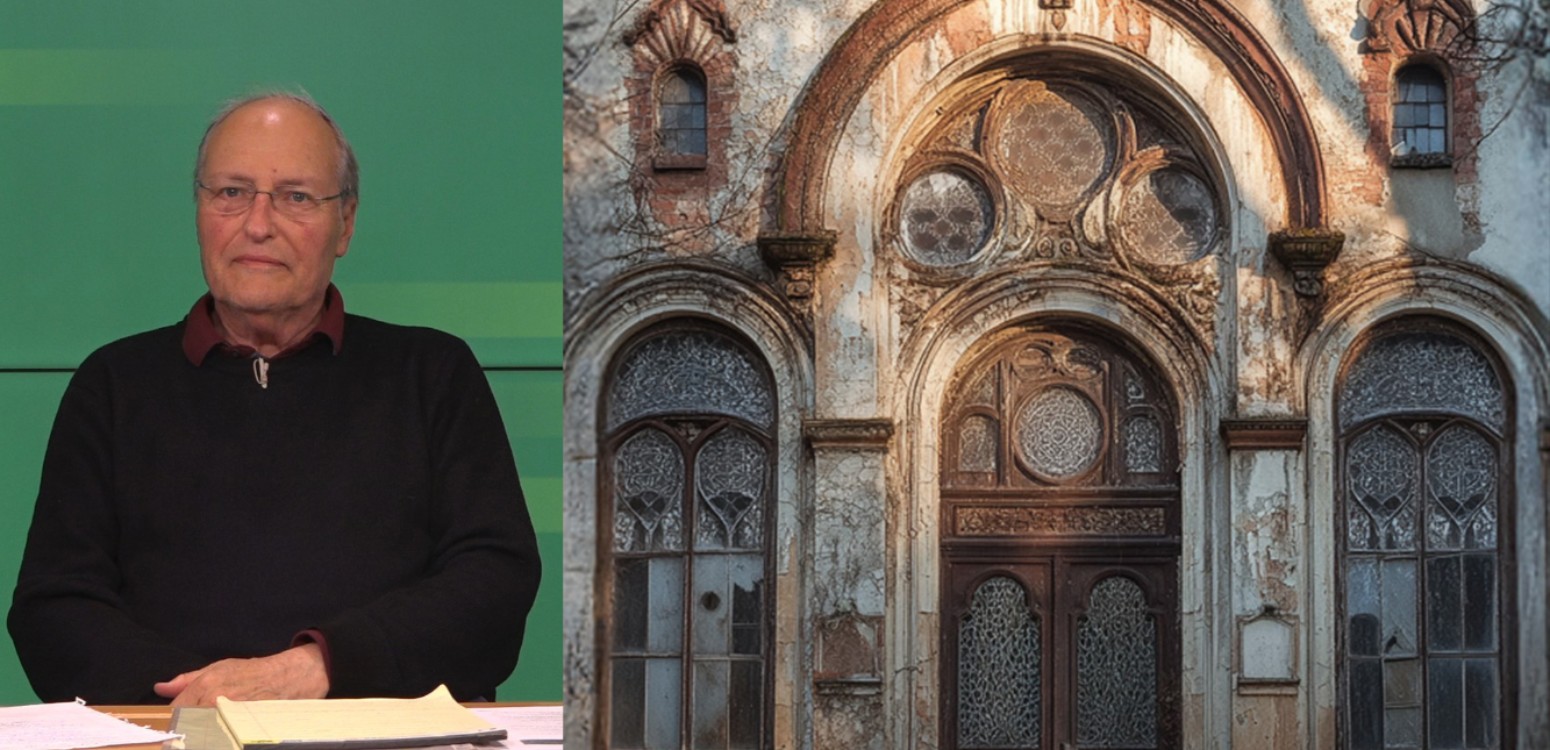
From Aaron’s biblical silence to the nationwide standstill during the Holocaust memorial siren – discover how stillness became our most authentic language of grief
As the piercing siren wails across Israel each Yom HaShoah, millions stand frozen in reverent silence – a profound national ritual that transcends words. This collective stillness, our chosen response to history’s darkest chapter, mirrors Aaron’s biblical silence in the face of incomprehensible loss. Between the spaces of what cannot be said and what must never be forgotten, we find our most honest confrontation with tragedy: not in explanation, but in shared, sacred silence.
And Aaron was silent
“And Nadab and Abihu, the sons of Aaron, took each of them his censer, and put fire in it, and put incense on it, and offered strange fire before the Lord, which He commanded them not. And a fire went out from the Lord, and devoured them, and they died before the Lord. Then Moses said to Aaron, This is it that which the Lord spoke, saying, I will be sanctified in them that come near me, and before all the people I will be glorified. And Aaron was silent.” (Leviticus, 10:1-3)
Nadab and Abihu, Aaron’s sons, used unauthorized fire in their incense offering and were instantly consumed by divine flames. Their death seems a devastatingly harsh punishment for what appears to have been a simple mistake. While tradition suggests God holds the righteous to higher standards, the apparent injustice leaves readers unsettled. Perhaps Aaron’s profound silence before this tragedy speaks to our own speechlessness when confronting death’s random cruelty – a silence more powerful than any lament.
.jpg)
Such Torah, and such reward!
The Talmud recounts Moses witnessing God adorning Torah letters with crowns. When Moses questioned this, God explained that these would enable Rabbi Akiva to derive countless laws generations later. Curious, Moses visited Akiva’s classroom through divine intervention but understood nothing until Akiva attributed his teaching to “a law given to Moses at Sinai,” which reassured Moses. Impressed, Moses asked to see Akiva’s reward, only to witness him being tortured to death. Shocked, Moses cried, “Master of the Universe! Such Torah, and such reward!” God simply replied, “Be silent. This is what I have decided.” (Babylonian Talmud, Tractate Menachot, page 29b)
A simple and harsh reflection of reality
Moses asks to know what was the reward of the great Rabbi Akiva, and God shows him that he was killed under torture. To the crying question: “Such Torah, and such reward!”, God answers: “Be silent.” One can see this as a cruel answer to a cruel act, but it is also possible to read it differently. It is a simple and harsh reflection of reality. We live in a cruel reality. We live in an unfair world, and within this reality we may become victims of murder, abuse, and unspeakable evil. Trying to understand why this happens and why specifically to us is a futile attempt. It’s like the death of Aaron’s two sons. There are moments where the only thing one can do is remain silent. The question “Why do I deserve this?” is a question without an answer.
Sometimes speech is too small
In the face of profound tragedy, there are moments when words cannot adequately express the depth of human suffering. While it remains our duty to warn, fight, remember, and learn from horrors like the Holocaust, sometimes silence becomes the most authentic response to the incomprehensible.
Aaron’s biblical silence represents our collective existential response to overwhelming tragedy. The two minutes of silence observed on Holocaust Remembrance Day, accompanied by the siren’s wail, allow us to simultaneously be silent and cry out. This modern shofar creates space for both personal reflection and communal mourning – perhaps the only appropriate response to ultimate evil.
Lior Tal Sadeh is an educator, writer, and author of “What Is Above, What Is Below” (Carmel, 2022). He hosts the daily “Source of Inspiration” podcast, produced by Beit Avi Chai.
For more insights into Parashat Shemini, listen to “Source of Inspiration”>>
Translation of most Hebrew texts sourced from Sefaria.org
Main Photo: Generated by AI
Also at Beit Avi Chai





















